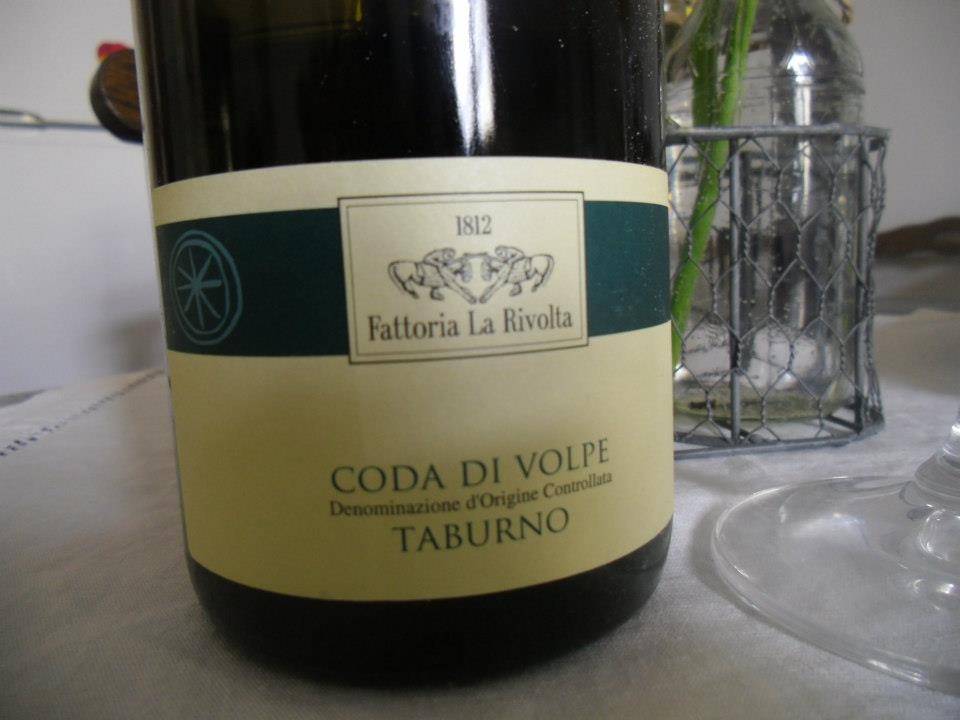

And exceptional certainly describes this estate: vineyards are located from 1,200 to 2,100 feet above sea level in the hills of Montefredane, on volcanic “tufo” soils. Since then, his focus as a Troisi has remained true: honor Irpinia’s native grapes, its exceptional soils, and the traditions and knowledge of those before him. Tinges of bitterness and saline flavors derived from the combination of volcanic and limestone soils. And Antonio’s son Raffaele-who today runs the family estate in Montefredane-worked side by side with his father in the cantina and the fields for years, before he took the reins himself in 1998. It was Elisa’s son Antonio who took the family farm into the commercial realm, bottling in 1984 the very first single-variety Fiano wine. While Raffaele died young, his wife Elisa kept his vision alive, and over the decades, became one of the region’s most knowledgeable vine growers, a natural talent who could determine the health of her vines or the right time to harvest by sight and touch.

Raffaele’s great-grandfather Antonio was its vanguard, moving to the United States in the early 1900s to establish a wine importing company focused on sourcing pure wines from Irpinia to sell in New York.īack home in Montefredane, his son Raffaele was the first Troisi to plant vines, with an eye to local varieties such as Fiano and Coda di Volpe. Winemaker Raffaele Troisi is a vine grower from a generations-long line of passionate family members who dedicated their lives to the fruit of the vine. But when grown on volcanic soils, kept to lower yields, and picked just right, it can deliver the same kind of salty, minerally, zest we love in wines like Muscadet and Albarino.Since the end of the nineteenth century, the Troisi family of Azienda Agricola Vadiaperti has championed the wines of Irpinia, a historic vine-growing region in southern Italy.

Left to its own devices, it gives a soft, round, wine that's often used to mellow more tart and biting Fiano and Falanghina. It's a gangly, strung-out, grape bunch with a long "foxes tail" at the end. It's been grown here for millennia and is also known as Falerno because it's thought to have been the basis for Rome's most famous wine (also known as Falernum). Of course, it's not Albarino at all, but instead the very old and - until recently - quite rare Coda di Volpe grape from Campania, Italy. Coda di Volpe in vendita online a prezzi scontati su Callmewine. And while there's enough acidity here to balance pair perfectly with shellfish and all kinds of seafood, it's round and smooth enough at the end for very happy solo sipping, too.
#Coda di volpe free
More shipping info Go to shop 17.20 no sales tax applies 2018 Bottle (750ml) Coda di Volpe Vadiaperti Eataly Vino Los Angeles USA: (CA) Los Angeles Local Delivery flat rate 19 Free delivery on orders over 250 pre tax. Then it's fresh (13.0% alcohol) and vibrant in your mouth, with flavors of just-ripe stone fruit (peach, apricot), lemon drops, crisp apple and loads of salty, mouthwatering, minerality. Coda di Volpe Vadiaperti TenCellars Hong Kong Free shipping in HK over 2,500. Like a great Albarino from Spain's Atlantic coast, it starts with aromas of tangy peach and lemon with a whiff of salty seaside air. Lower ABV When we tasted this a few months ago, our first reaction was, "Italian Albarino!" And, since you've probably never heard of - much less tasted - Coda di Volpe wine, that's probably the easiest way to think about this snappy, salty, stone-fruited joy. Il Torama è unespressione di Coda di Volpe piena e vibrante, di grande espressività e buona complessità aromatica.


 0 kommentar(er)
0 kommentar(er)
